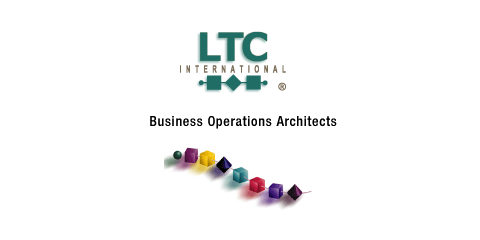|
|

article page | 1 | 2
| 3 | 4 | 5 | 6 | 7 |
Toward Fixed Mobile Convergence.
Again, we see an abundance of technological
and marketing enthusiasm with its
accompanying side-kick, High
Expectations:
“FMC will combine the convenience,
freedom of movement and personalised
services of the wireless world with
the high quality and speed of fixed
communications. Customers will be "always
on" while the communications
service optimises routing through
balancing quality, coverage and bandwidth
efficiencies. As a result, an FMC
service presents the customer with
the best possible experience at home,
at work or on the move. … The
groundwork for FMC is now underway,
but all potential players in the
FMC ecosystem need to work out how
they will participate in developing
these new services.” [Fixed-Mobile
Convergence: Unifying the Communications
Experience; Jill Finger Gibson, et
all; IDC; November 2005]
|
|
Fixed mobile convergence has not
had the greatest start with respect
to market acceptance. |
|

connection environment.
Mobile devices have directories.
This trend has resulted in
current mass market household
wireless phones storing selectable
number directories. But mobile
smart phones have one overriding
advantage – they can
sync to your computer and
its extensive contact database.
Presence has already succeeded
as a service as first introduced
in computer-based messaging
applications initially in
AOL Instant Messenger and
later in Yahoo Instant Messenger
[YIM] and Windows Messenger.
Computer messaging services
have it, but currently mobile
phone messaging services
do not have it. As voice
calling has been added as
a feature to YIM and Windows
Messenger, voice services
on the computer have
|
|
|
|
Personalization and Presence
in the FMC world
FMC products will enable the end user
to decide on the set of services they
receive as well as the look and feel
of the device user interface. In fact,
this personalization is an indirect necessity
for multi-homing devices to work with
uniform service features. This availability
of converged CPE will give users a consistent,
unified identity. For example, rather
than users having to configure a fixed
handset and a mobile handset twice, each
with the same set of services such as
personalized address books, they will
only have to do this once, likely on
a user-friendly system like a computer,
thus merging their internet “identity”,
their fixed "identity" , and
their mobile "identity". Personalization
is now associated mainly with the mobile
world, as mobile handsets include a greater
variety of personalization options than
fixed handsets. FMC will bring personalization
into the fixed-line environment.
Integrated directories and voice dialing
are so convenient that they influence
the choice of which device is used in
a house with a dual
|
|
presence as a feature. You know
that that person is available
to take your computer-to-computer call
before you launch it. As FMC seeks
to be the one communication
device with every service, so it must
incorporate the highest service feature
set of all the interacting devices.
So Presence is seen as a key requirement
for FMC.
Presence is also a key technological
enabler for social networking. Social
networking and FMC share many overlapping
market characteristics. It is likely
that they could each synergistically
drive the other. Enriched and converged
presence includes not just who is on
line and available (or not), but what
applications they are using, what services
they can support, and what information
about their presence they wish to broadcast
to whom.
Personalization and Presence are Advanced
Services - some of many that planners
and IT shops are preparing. The argument
is that efficiency alone will not win
customer loyalty.
article
page | 1 | 2
| 3 | 4 | 5 | 6 | 7 |
|
|
|




